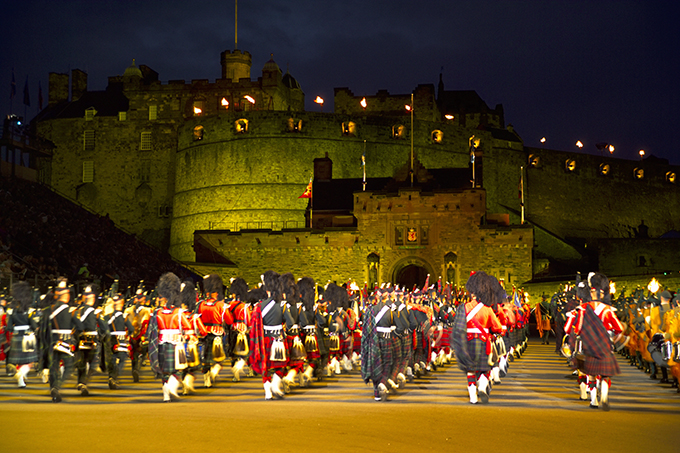The countdown to one of the most monumental votes for a generation is on, but when Scottish people go to the polls on Thursday what does their vote really mean?
The Act of Union of 1707, presided over by Queen Anne, saw Scotland, Wales and England unite to become Great Britain. However, there have long been detractors that have fought a case for Scottish home rule, not least the national poet Robert Burns, who claimed that Scots that had signed the act had been bribed, famously writing : “We are bought and sold for English gold. Such a parcel of rogues in a nation.”
On Thursday 18 September Scottish nationals will get the chance to vote in a once-in-a-lifetime referendum on their nation’s future – will they vote ‘yes’ and opt to go fully independent or vote ‘no’ to remain part of the United Kingdom? If you are confused about what the vote means for the future of Britain then read on.
Why is a referendum taking place?
On 15 October 2012, the Scottish and UK Governments agreed to work together to hold a referendum on whether Scotland should remain part of the UK or go independent, due to mounting pressure from the Scottish National Party when it came to power. The Referendum Bill was introduced to the Scottish Parliament on 21 March 2013.
Who can vote?
For the first time in a UK election 16 and 17 year olds will be able to vote in the Scottish Referendum, alongside other Scottish nationals that live in Scotland – those that have moved to other parts of Britain or the world will not be eligible to vote.
What will the question be?
Voters will be asked: “should Scotland be an independent country?” and they will be able to vote ‘yes’ or ‘no’. Whichever option gets the most votes will win the election, regardless of how slim the majority.
What happens if there is a yes vote?
If most people vote ‘yes’ to be independent then Scotland will leave the UK and become an independent country, although there will be a period of transition, expected to last around 18 months.
Even if it does go independent, the Union of the Scottish and English crowns would continue and Scotland would remain a constitutional monarchy, with Her Majesty The Queen as head of state, unless changes were proposed.
It is also strongly thought that a new Scottish national anthem would be created; although God Save the Queen is the official anthem for the whole of the UK, songs such as Flower of Scotland and Scotland the Brave are often sung at sporting events as unofficial Scottish anthems.
It is expected that the term UK would continue to stand for England, Wales and Northern Ireland, while the name Britain would still refer to England and Wales. The term Great Britain, which refers to the union between England, Wales and Scotland would become antiquated. Rumours abound about what would happen to the Union Jack, the official flag for the UK.
What happens if there is a no vote?
If most people vote ‘no’ to remain in the UK then Scotland would do just that, with its own devolved Parliament as outlined in the Scotland Act 2012.
Download your FREE homecoming Scotland guide here
Related articlesThe Govan Stones: Scotland’s best-kept secret |
Click here to subscribe! |
Download BRITAIN Magazine to your mobile today

 No mobile device? Purchase directly on Zinio for your desktop!
No mobile device? Purchase directly on Zinio for your desktop!






 © 2024
© 2024